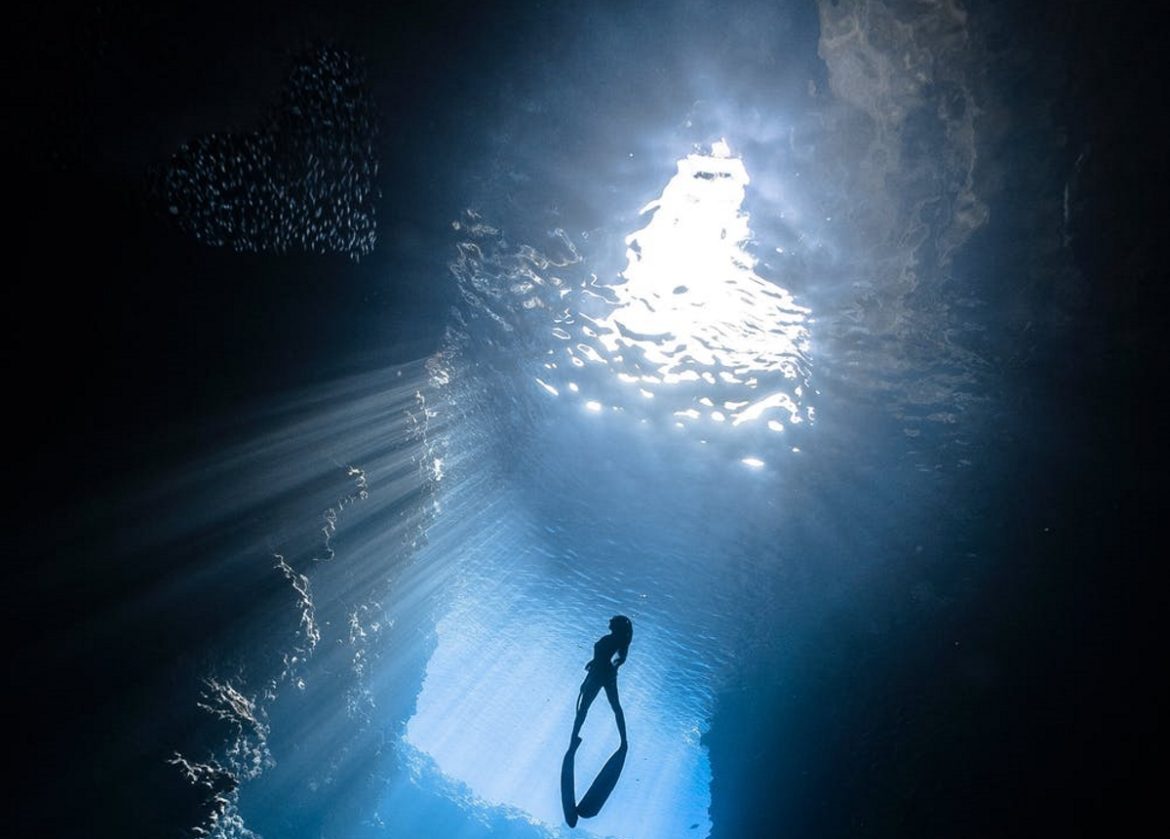Like a lot of snfal concepts the time travel conceit has been knocking around for, uh, some time now. It’s perhaps older than most, having been popularised by Wells almost 120 years ago. Even the space opera genre is forty years its junior.
So how do you make something that has been done, time and time again, across pretty much every medium you might imagine, feel fresh? One way to answer that question is to look at pop culture, the entertainment realm of a globalised mass consumerist social sphere, which in its pathologic aversion to risk must continually devise ways to sell us the same stories we flocked to before. Pop culture in 2019 regurgitates itself endlessly, outpacing parody and much satire: another new Spiderman trilogy, PC Music, JK Rowling’s twitter account as retcon feed, another remake of an 80s franchise that nobody asked for because it’s safer than ‘a new IP’, an endless procession of copy-pasted retro-futurist aesthetics.
Pop culture permeates our existence, and the way it eats itself and is continually reborn is not solely the preserve of creators and corporate owners. The products of popular culture also command our attention and propagate in the form of memes. Images structure jokes by way of their source and are shared online at lightning speed. Quotes become soundbites, their deployment a game between those in the know. Pseudoprivate languages form within communities and between friends, a series of shared signifiers of personal significance, but which might as easily be recognised by an outsider as leave a loved one bemused. Contemporary popular culture is, after all, a battleground; not of ideology but of franchises warring for attention, for eyeballs, for ad dollars and disposable income.



